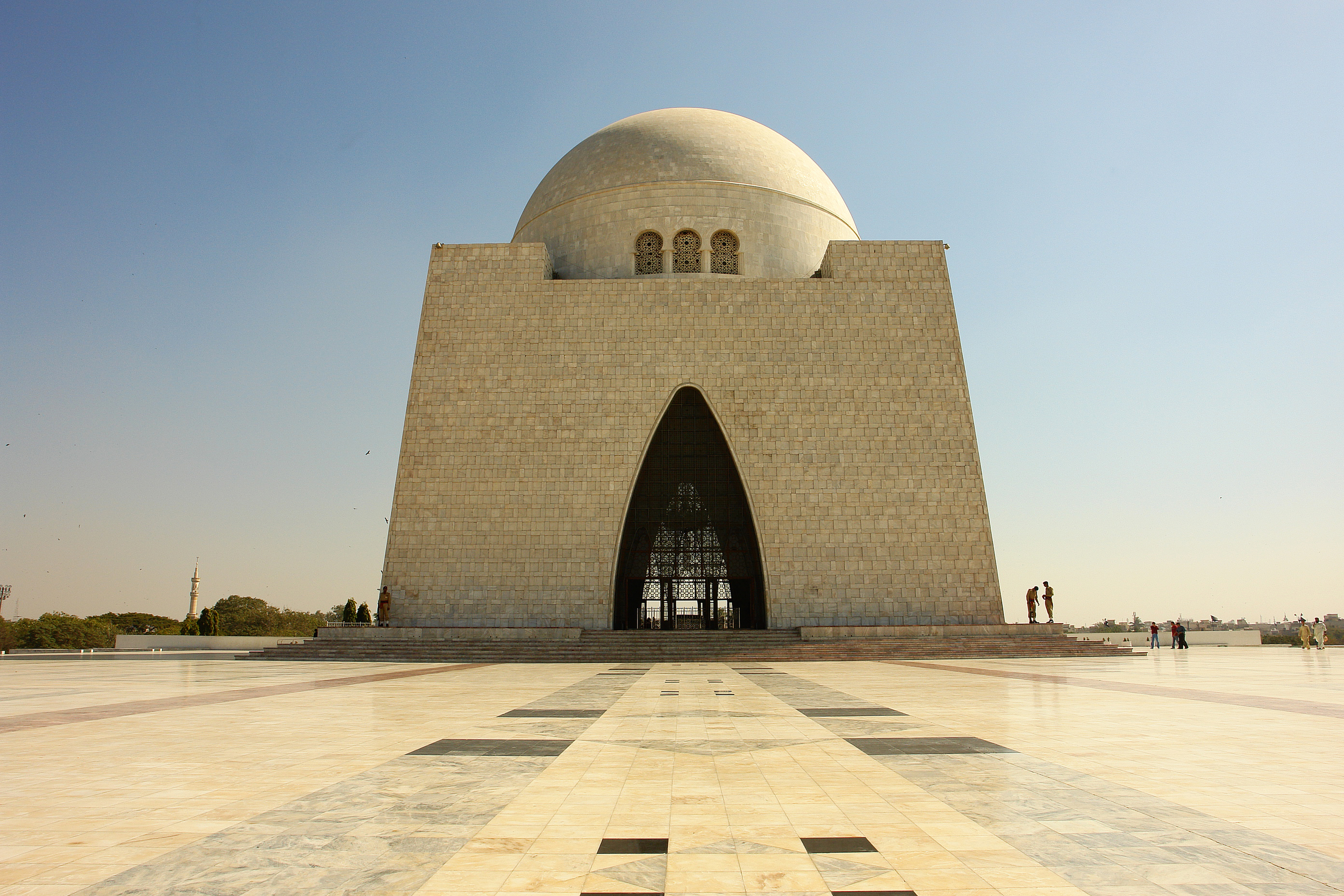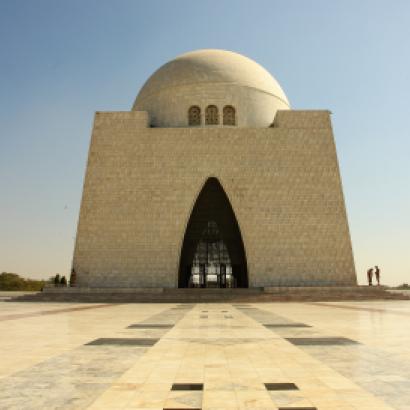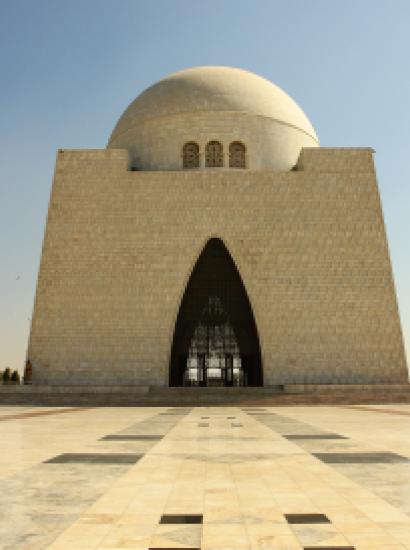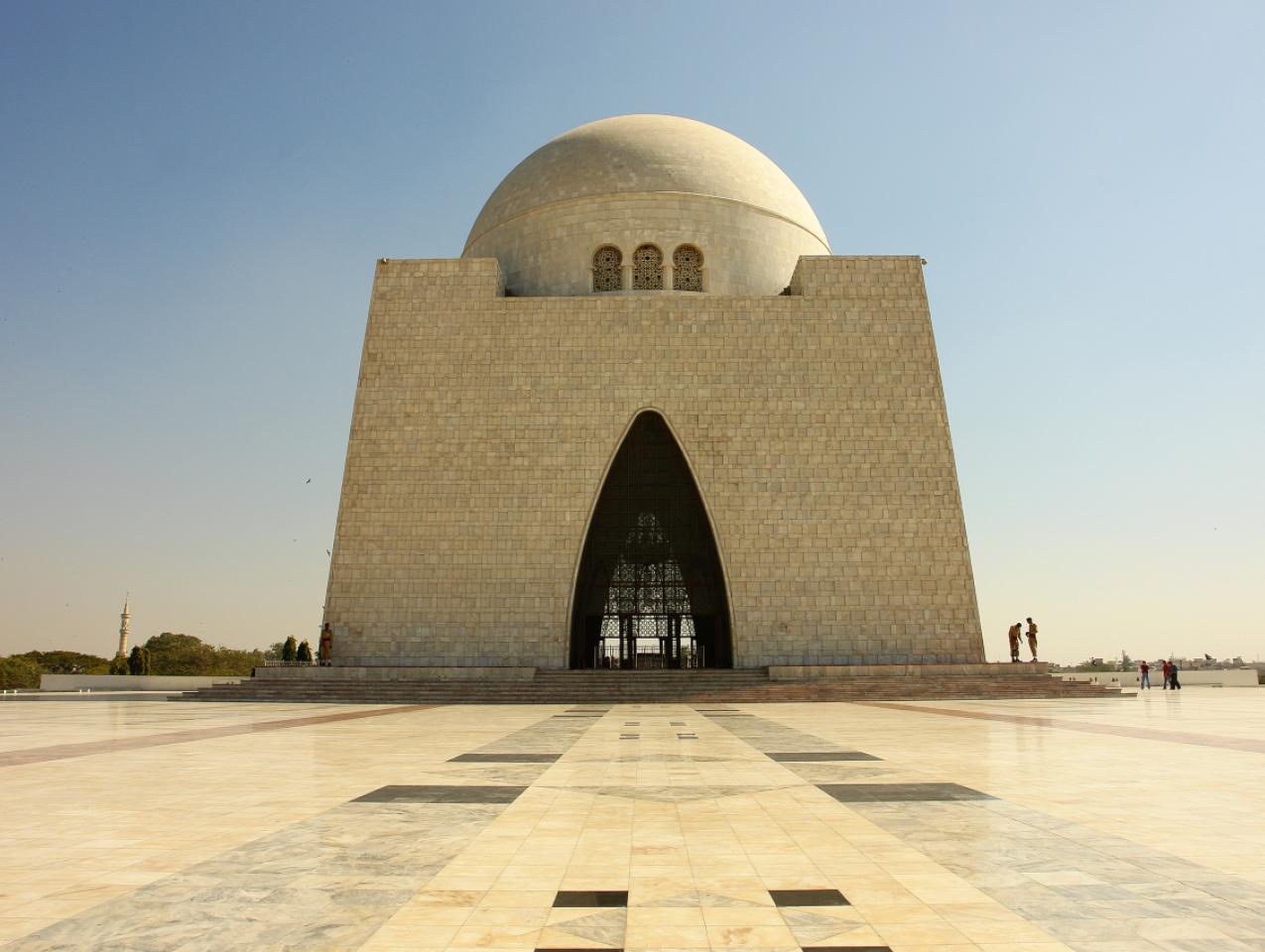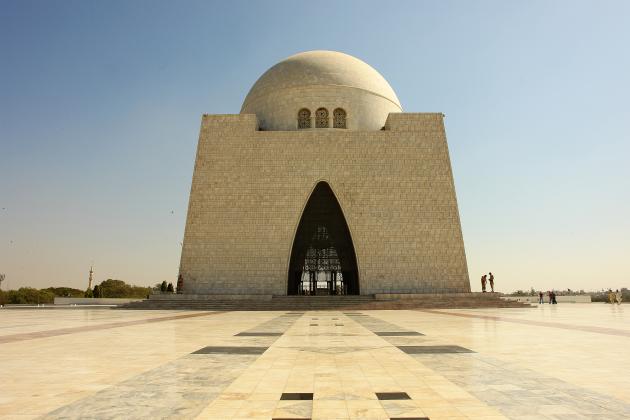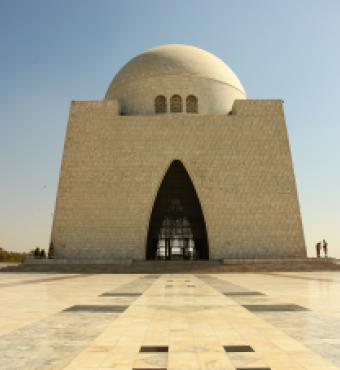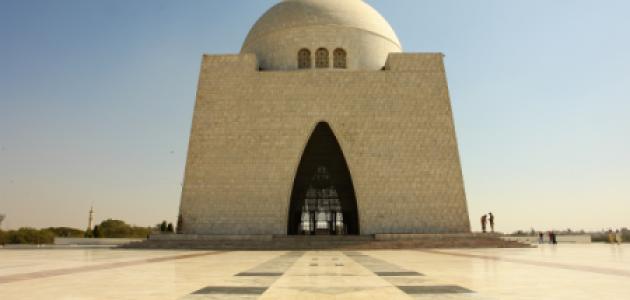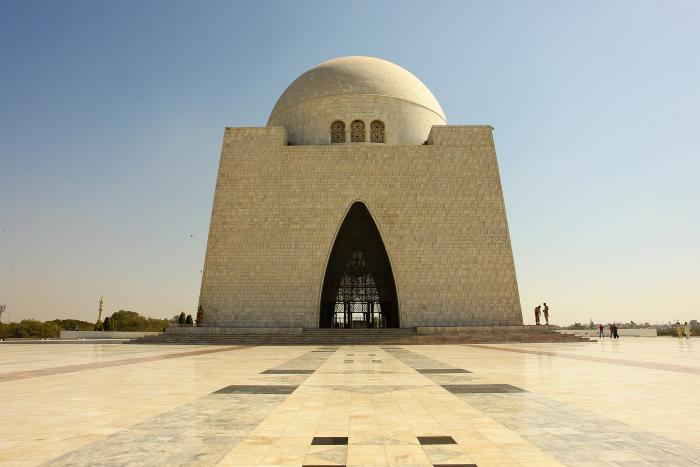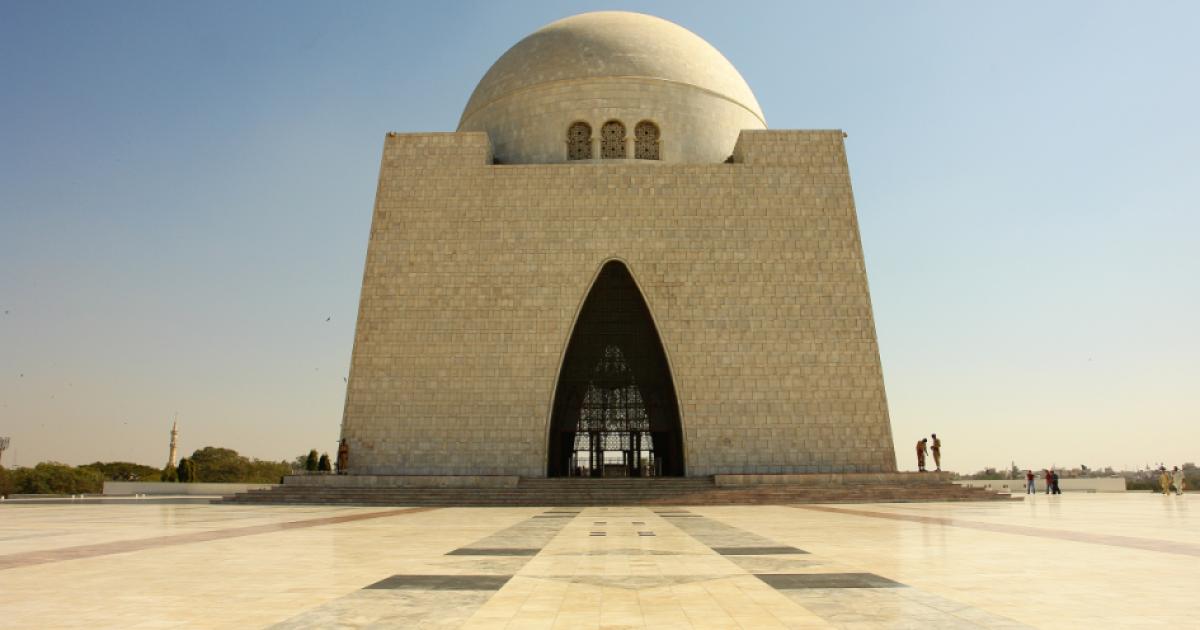- Economics
- International Affairs
- US Foreign Policy
The revelation that Pakistani scientists have transmitted knowledge about atomic weapons to Iran and Libya refocuses our attention on this troubled ally. President Pervez Musharraf, a survivor of many assassination attempts, is despised by those who desire to impose a Taliban-type regime on the nation. If a military junta armed with nuclear weapons and sympathetic to radical Islamists took over, the outcome could be disastrous.
President Musharraf's most implacable enemies are fundamentalist Islamic groups whose members are found in parliament, the army, the intelligence services (SIS), the intelligentsia, and government. Indeed, the Pakistani army and SIS were instrumental in the Taliban's coming to power in Afghanistan.
The hostility toward President Musharraf stems from his cooperation with the United States and his policies toward India and the Kashmir region. His enemies hope to undermine him by fanning the flames of dissatisfaction. We can help Pakistan achieve stability by discouraging policies that create unrest and encouraging policies that will benefit the struggling population.
Some policies should be immediately dropped, including the president's well-intentioned land reform program. Although half of Pakistan's population is engaged in rudimentary agriculture, in country after country, government redistribution of private property has failed.
The government ought to also abandon attempts to impose Urdu as the official language. Only 8 percent of Pakistanis were Urdu speakers in 2003, with surveys indicating that more than half the population prefers to have their children taught in English because it is the lingua franca of the government and the elite. Pakistan should take a lesson from India, which has shown that allowing linguistic groups greater autonomy creates a stake for these provinces to stay within the union.
The government also needs to raise the level of literacy. Less than half the population is currently literate, in part due to policies that favor higher education at the expense of wider availability of elementary education. A better-educated public would make Pakistan much more attractive for direct foreign investment—thus bettering the lives of ordinary citizens.
The United States must encourage Pakistan to divert a greater portion of its GNP toward elementary and secondary education for women. Among many benefits, educated women tend to have fewer children and those children are healthier and attain higher levels of education than do children of uneducated women.
Poor economic prospects have forced university and high school graduates to migrate to the gulf countries, Western Europe, and the United States. That trend must be slowed and eventually reversed. Economic prospects at home would improve if Pakistan liberalized its economy. The United States can help by extending its program that provides credit and business development services to micro-entrepreneurs to Pakistan.
Lastly, Pakistan and other countries, including the United States, must convince Saudi Arabia to support secular schools instead of funding radical Islamic schools—these madrassas have been hotbeds for terrorism.
Reform and stability will not come easily. But we must help President Musharraf create a more open economy, a freer political system, a broader educational system, and greater respect for provincial authority. If he does not succeed, we will likely face very unpleasant consequences.







